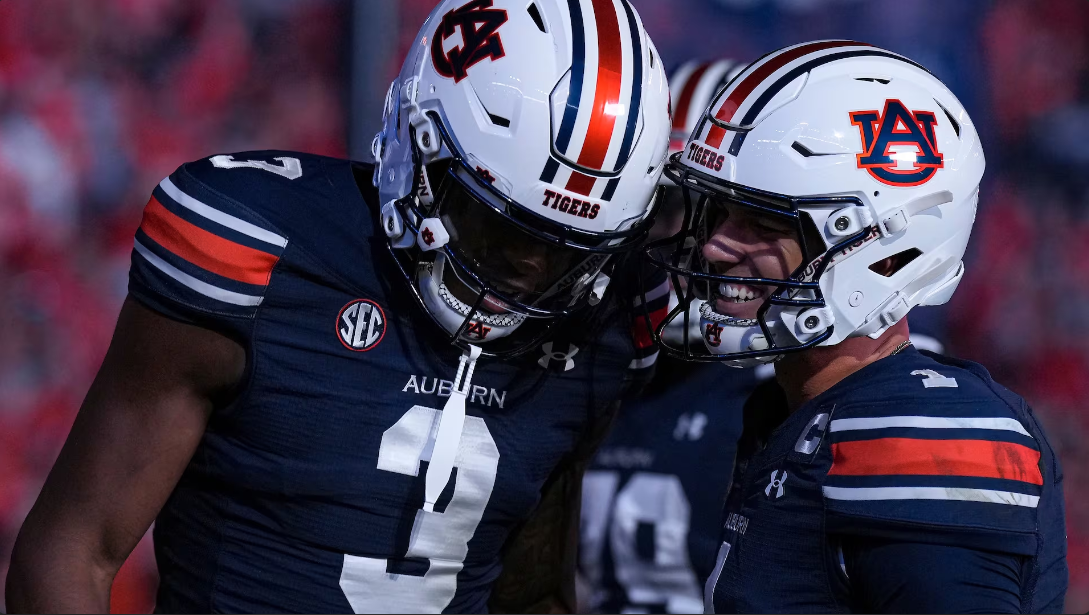
Shame on the SEC Network for Flexing After Bullying Lightweights
The Southeastern Conference (SEC) has long been considered one of the most dominant college sports leagues in the United States, particularly in football. However, recent events have raised concerns about the league’s conduct and the role of its media network, the SEC Network, in perpetuating a culture of bullying and unfair practices.
The SEC has been accused of using its power and influence to strong-arm smaller, less-resourced schools into playing against its member institutions, often on unfavorable terms. These “guarantee games” provide substantial payouts to the visiting SEC team, while the home team risks injury to its players and potential embarrassment on the field.
Critics argue that the SEC Network, which is partially owned by the league itself, has played a significant role in promoting this practice. The network’s extensive coverage and hype surrounding these mismatched games have been seen by many as a form of flexing and gloating over the lesser-known programs.
“It’s like the SEC is saying, ‘Look at us, we can beat up on anyone we want,'” said one college football analyst who wished to remain anonymous. “The network is complicit in this by giving these games so much attention and making it seem like a foregone conclusion that the SEC team will win.”
The issue has become particularly contentious in recent years as the financial pressures on smaller athletic departments have increased. Many schools rely on the payouts from guarantee games to fund their entire athletic programs, putting them in a difficult position when negotiating with the SEC.
“It’s a lose-lose situation for us,” said the athletic director of a Sun Belt Conference school who also requested anonymity. “We either take a huge financial hit by not playing the game, or we risk getting embarrassed on national TV. The SEC knows they have us over a barrel.”
The SEC Network, for its part, has defended its coverage of these games, arguing that it is simply reporting on the action on the field. However, critics counter that the network’s tone and emphasis on the SEC’s dominance goes beyond mere reporting and into the realm of gloating and bullying.
“They could at least try to be a little more objective and acknowledge the challenges these smaller schools face,” said a former SEC Network analyst who left the network due to concerns over its coverage. “But instead, they just pile on and make it seem like the SEC is doing them a favor by playing them.”
As the debate continues, many hope that the SEC and its network will take a step back and consider the impact of their actions on the broader college football landscape. While the SEC’s success is undeniable, some argue that it has come at the expense of sportsmanship and fair play.
“At the end of the day, college sports are supposed to be about more than just winning and making money,” said a college football fan from a non-Power Five conference school. “They’re supposed to be about building character, teaching life lessons, and bringing people together. The SEC and its network seem to have lost sight of that.”
Leave a Reply